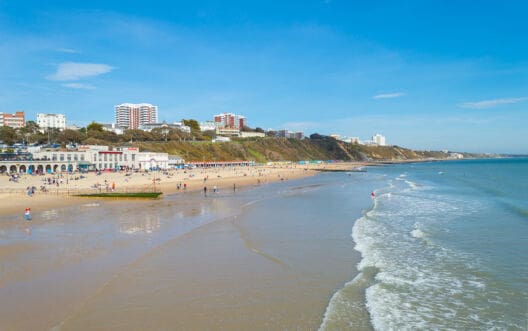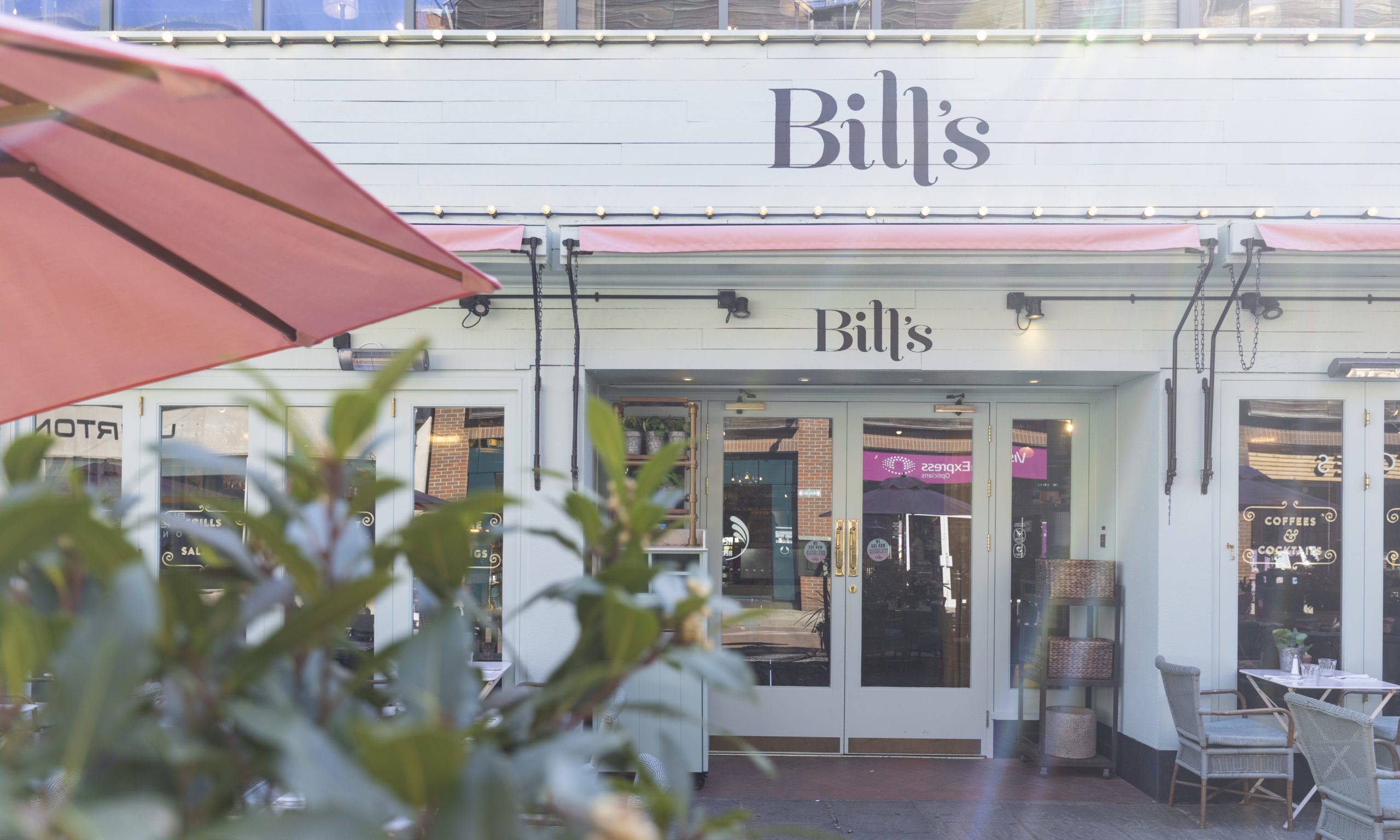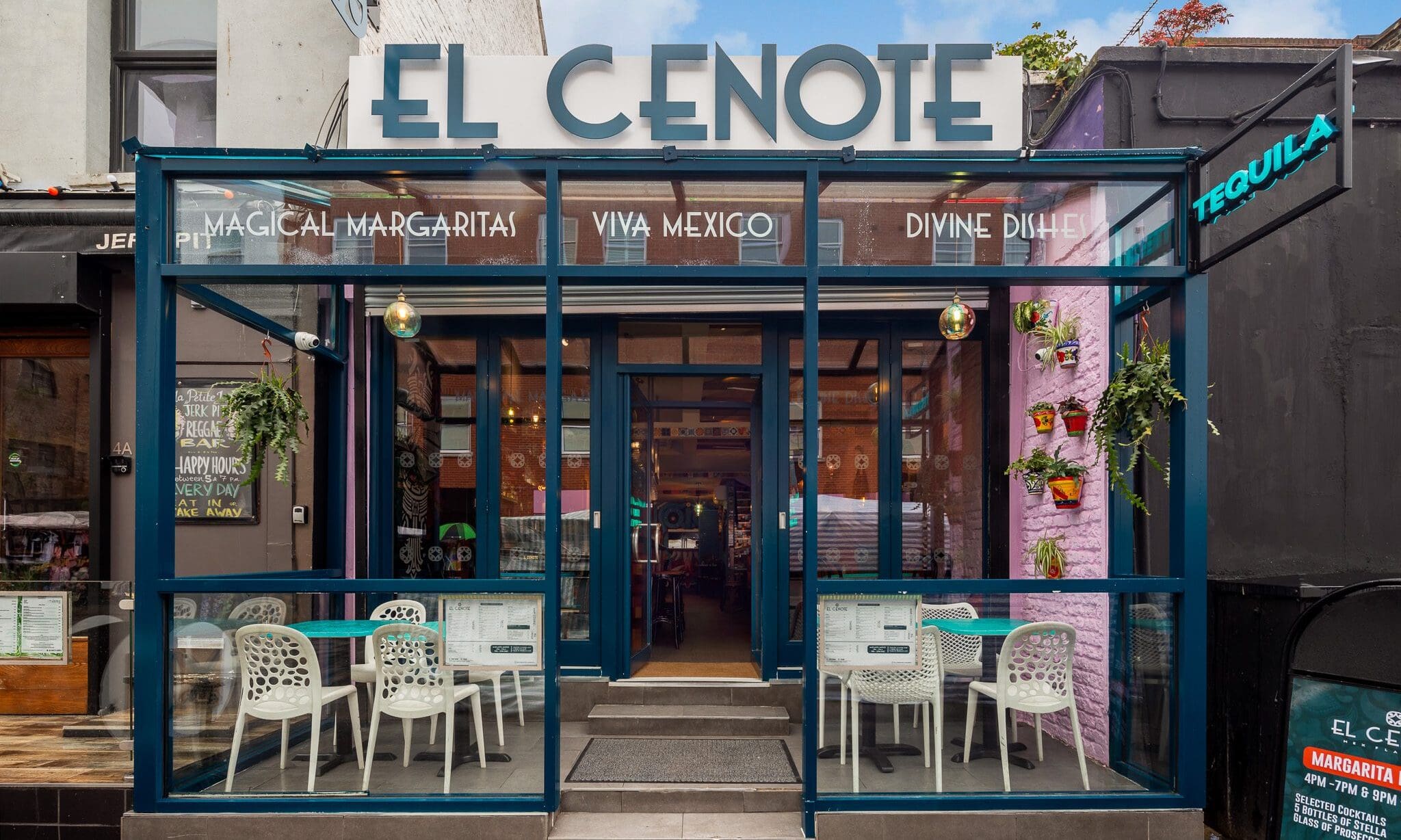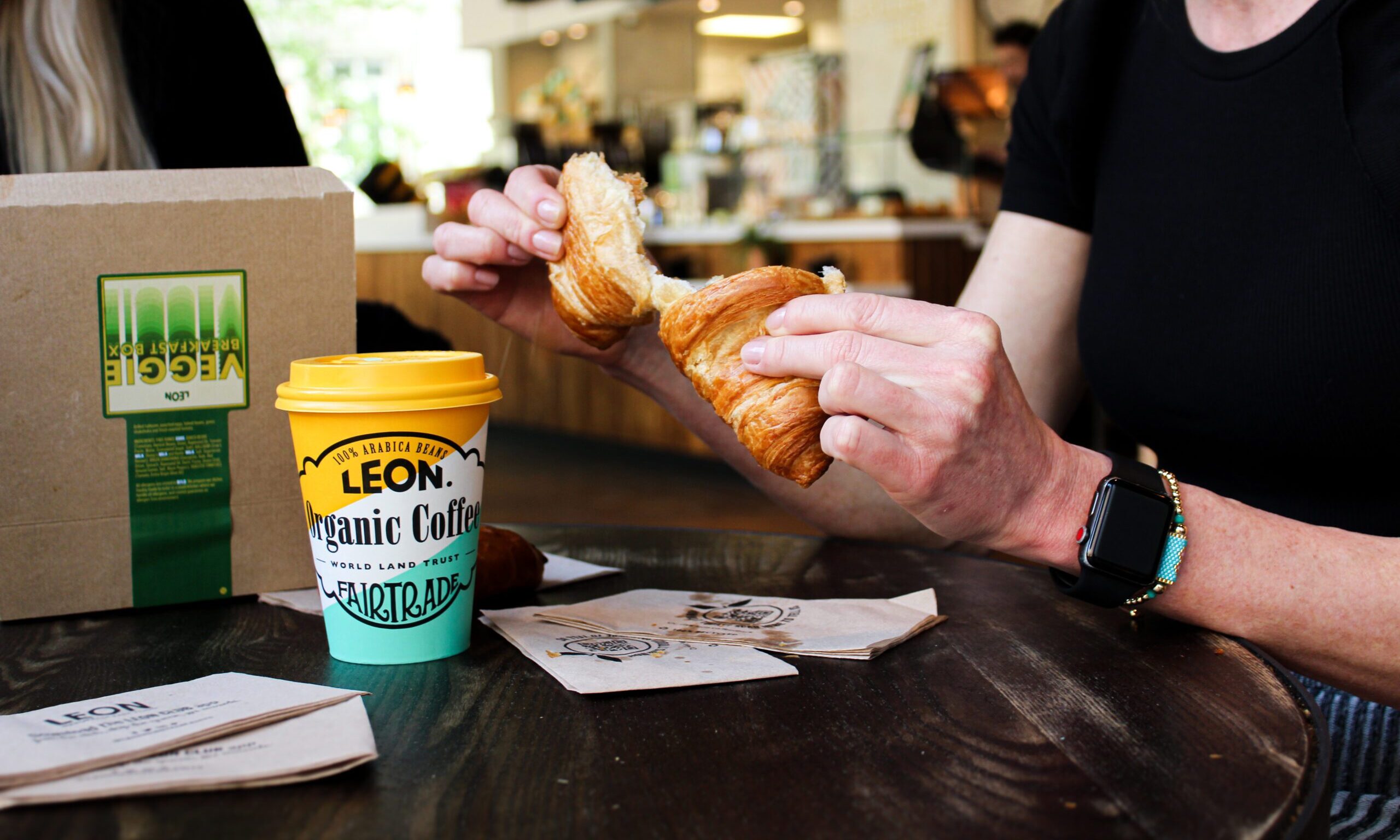Register to get 2 free articles
Reveal the article below by registering for our email newsletter.
Want unlimited access? View Plans
Already have an account? Sign in
For most of us in hospitality: the last nine to 12 months have been very challenging indeed. One well known operator said to me recently that these were the worst trading conditions he had encountered in 40 years. My hospitality career nowhere near stretches that long, but I agree with the broad sentiment. There have been volatile trading conditions, to say the very least. If the Covid lockdowns and Brexit labour shortages were not bad enough, then along came the perfect storm of near Argentinian energy inflation, followed by interest rate hikes, and consequently, a cost-of-living crisis. Most of the senior management team at The Unruly Pig have had their mortgage repayments triple or quadruple, so inevitably they, too – like so many potential customers – have had to cut back on their discretionary spend in pubs and restaurants.
The government has been recently talking up that the UK economy is now turning a corner. There are some encouraging preliminary indicators in terms of the most recent growth figures (albeit the Office for Budget Responsibility has confirmed the cost of Brexit will be a 5% growth deficit). However, the Bank of England chose not to cut the base rate for the next couple of months and that, more than anything else, speaks volumes. It was not so long ago that food and drink inflation was running at 20% – the highest seen since the rampant inflation encountered in the 1970’s.
In such a challenging market, the adverse impact such food inflation had upon most of hospitality’s margins was dramatic. The difficult market conditions meant there was little option but to try to absorb many of the food price hikes we encountered and/or use more economic cuts.
But now there is nowhere else to go, as margins have already been cut to the bone. Yet, somehow, the government implicitly just expects our sector to be able to deal with yet more inflationary pressures, which they themselves have chosen to impose, namely the national minimum wage.
It goes without saying that we all want to be able to optimally reward our hard working, hard-pressed and valued teams, but the relentless rise in the national minimum wage (and then its consequential impact upon all rates of pay) has to be paid for somehow. For example, the increase for a 21-year-old in April 2024 was 12.4% alone (and over 23 was 9.8%) when inflation in March 2024 was running at 3.8%.
We now have nowhere to go other than increase our prices yet again. Increasing pricing when times are already troubled enough is a daunting prospect. The March 2024 figures for food inflation did happily show the 12th consecutive decrease, but that was before the impact of the increase in the national minimum wage has fed through to food production and distribution cost inflation.
Therefore, whilst government economic optimism is understandable, the truth is that there are still major bumps in the road ahead for hospitality. Let’s all hope that Rishi’s optimism proves justified, however.
Looking ahead, there seems little hope of respite with the probability of a new Labour government. They are already scraping the barrel as to how to pay for their election promises, It is iniquitous that the UK charges 20% VAT on restaurant meals (unlike most of Europe) but is there any realistic hope of Labour reducing the VAT tariff (for the third largest UK sector employer) when in truth, Labour’s plan for growth seem unconvincing or at best aspirational?
Even the deservedly maligned Liz Truss seemed to concede that more immigration would best achieve the much-desired economic growth (and consequently more inland revenue income), never mind help solve hospitality’s labour shortages. But immigration is now a toxic and shallow debate, where all the main political parties want to shy away from confronting the electorate with some very tough realities/requirements. Then add on top Labour’s desire to add yet more cost and bureaucracy onto business by increasing SSP and employment protection (from day one of employment) and abolishing zero hours contracts.
In all objectivity, I struggle to know how I am supposed to control spiralling labour costs when business is so volatile. Daily diner and cover numbers, especially mid-week, are currently somewhat mercurial, and the current economic outlook is at best uncertain. Loading all these additional burdens and costs onto small business at this most difficult time seems just very unfair, indeed oppressive and attritional.
The current government may think we have turned a corner but, mixing my metaphors, it seems we are far from out of the woods yet!



















